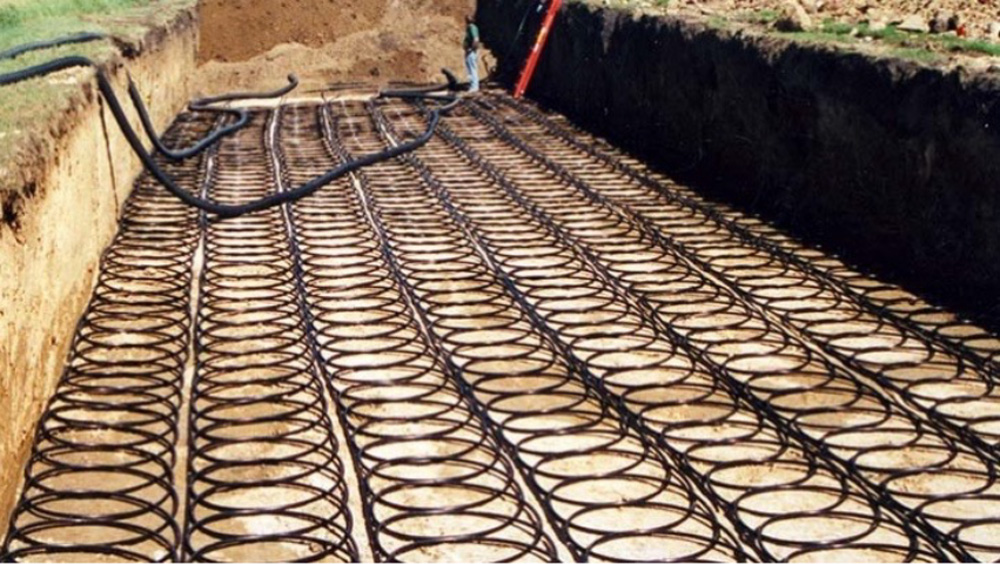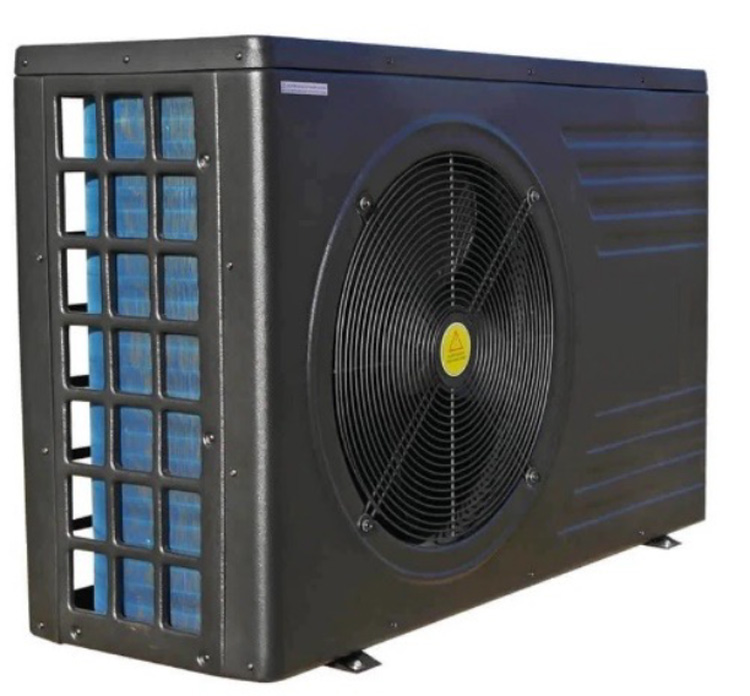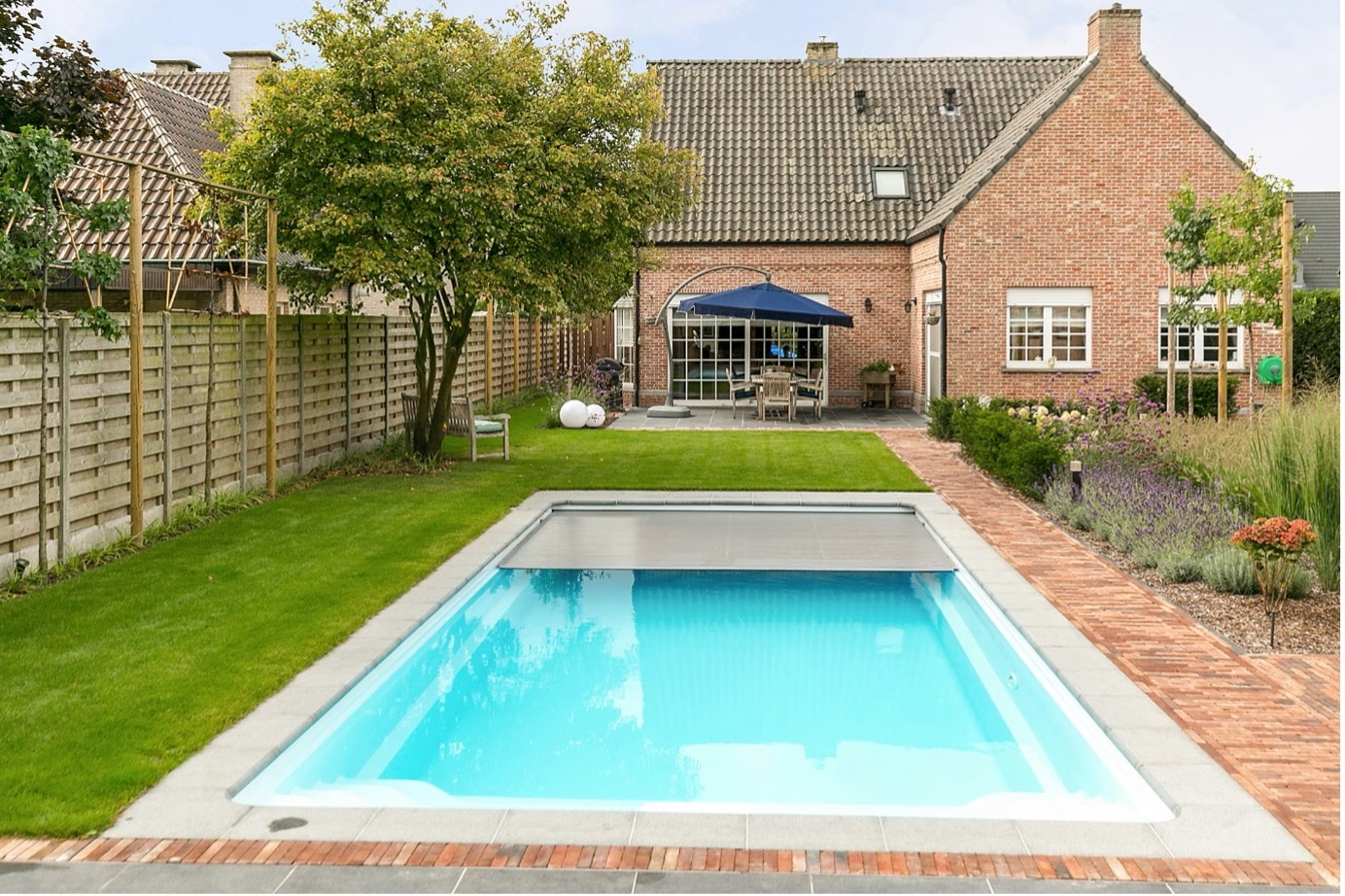
Both air source and ground source heat pumps provide a cost effective, efficient and eco friendly way to heat your swimming pool. As their names suggest, they both draw naturally occurring heat from the air or the earth.
Both systems work in a very similar way, but they have very different setups and requirements, the one that’s more suited to you will depend on your budget and how much available space you have outside your home.
Efficiency
Air source and ground source heat pumps are very VERY dynamic and are capable of operating at up to 400% efficiency (meaning that 1 unit of electricity creates 4 units of heat). This is because the heat is naturally acquired and simply carried into the air/ground source heat pump and condensed to then be used to heat your pool water.
In the grand scheme of things a ground source heat pump is more efficient because the heat is transferred from the earth to liquid in the pipes, and liquid can hold more heat then air, technically liquid can hold 4 times more heat than air.
Air source heat pumps are subject to changes in air temperature. As the outside temperature drops so does their efficiency as they have to work harder and use more electricity to maintain the desired temperature of your pool.
Conversely, the temperature underground is almost constantly 10oC all year round, so a ground source heat pump can easily maintain the temperature of your pool water, even in the dead of winter without sacrificing efficiency.

Space
Hans down the air source heat pump wins this race… the external unit is the similar in size and shape to an air conditioning unit and the internal unit that contains all the pumps and heat exchangers and typically smaller than the average boiler.
Ground source heat pumps require underground pipes to extract the heat form the earth – these can be installed in 2 ways…
- A horizontal loop system which will require a digger to access your garden for the installation. This system needs space and means your garden will be a mess for a while.
- A vertical system there a boreholes are drilled to between 60-100meters in depth. This system is less intrusive but more costly.
Noise
Air source heat pumps are as noisy as an air conditioner, but planning permission ensures the external unit won’t be sited anywhere that might disturb your neighbours. In contrast, ground source heat pumps can operate almost silently
Cost
This one is a bit of a toss-up….Air source heat pumps are cheaper and easier to install than ground source heat pumps, but ground source heat pump are more efficient over the cooler months.
Get in touch for a quick quote.

